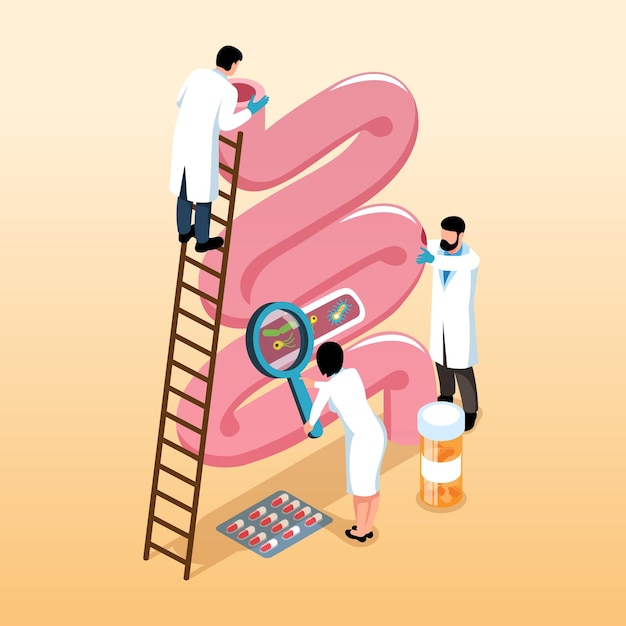
Listeria is a foodborne bacterial infection that, while often going unnoticed, can pose serious risks, especially to pregnant women. If it spreads to the nervous system, it might cause symptoms like headaches and confusion, which can become life-threatening without prompt medical care.
Certain groups—such as people aged 65 and older, pregnant women, and those with weakened immune systems—are at higher risk of developing this infection. Consuming unpasteurized dairy products and improperly processed deli meats are common ways the bacteria enter the body. While people with strong immune systems are usually unaffected, the infection can severely harm unborn babies, infants, and others with compromised immunity. In serious cases, antibiotics are necessary to manage symptoms and prevent severe consequences.
This bacteria can survive even in cold environments like refrigerators and freezers, making it especially tricky to avoid. High-risk individuals should steer clear of foods prone to contamination to prevent severe health complications.
### What Is Listeria Infection?
Listeria, also called listeriosis, is caused by Listeria monocytogenes, one of ten species of Listeria bacteria. It is named after Joseph Lister, a pioneer in antiseptic surgery. In the United States, this infection previously caused about 1,600 illnesses and 260 deaths annually, although occurrences have stabilized in recent years. It is most often contracted through contaminated food, but certain individuals—such as pregnant women, older adults, and those with weakened immune systems—are more vulnerable to severe symptoms, which sometimes lead to fatal outcomes. Studies show around 20–30% of listeria infections result in death.
### Common Sources of Listeria
Listeria bacteria thrive in water, soil, and animal waste. They can contaminate various food sources, including:
– Unpasteurized milk or related products
– Contaminated meats
– Raw vegetables grown in polluted soil or treated with contaminated manure
– Processed foods like hot dogs, deli meats, and soft cheeses
– Other items, such as cantaloupe and caramel apples
Unborn babies can also contract the infection from their mothers. While healthy individuals are less likely to get sick, those with weak immune systems cannot fight off the bacteria as efficiently, making them more susceptible to infection.
### Symptoms of Listeria Infection
The time between consuming contaminated food and developing symptoms—called the incubation period—can range from 11 to 70 days. Early signs may not be obvious but can include:
– Fever
– Chills
– Nausea
– Vomiting
– Upset stomach
– Diarrhea
– Muscle aches
– Flu-like symptoms
In severe cases, the infection may spread to the nervous system, causing:
– Headache
– Confusion
– Loss of balance
– Tremors
– Convulsions
– Stiff neck
If untreated, this can lead to serious complications, such as septicemia (a severe blood infection) or meningitis (inflammation of the brain’s protective membranes). Further complications, like encephalitis or cerebral abscesses (pus buildup in the brain), could also occur.
### Effects During Pregnancy and on Newborns
Pregnant women are far more likely to develop listeriosis than the general population. They may not show noticeable symptoms, but the unborn baby could suffer significant harm. Potential outcomes include miscarriage, stillbirth, or premature delivery. In newborns, symptoms like fever, vomiting, irritability, and feeding difficulties may arise, sometimes leading to life-threatening infections.
### When to Seek Medical Help
You should contact a doctor immediately if symptoms like nausea, fever, muscle aches, or diarrhea appear after consuming potentially contaminated food. If more severe symptoms—such as a stiff neck, high fever, or confusion—develop, seek emergency medical care, as these could indicate bacterial meningitis.
### Who Is Most at Risk?
The most vulnerable groups include:
– Pregnant women and unborn babies
– People over 65 years old
– Individuals with compromised immune systems (e.g., due to cancer, AIDS, diabetes, or medications like immunosuppressants)
For pregnant women, listeria infection can result in miscarriage, stillbirth, or severe infections in newborns. Other high-risk individuals—like those undergoing chemotherapy or with chronic conditions—also face an elevated danger of severe complications.
### Possible Complications
While many listeria cases cause only mild symptoms, untreated infections can lead to serious complications, including:
– Meningitis
– Blood infections
These conditions, if left untreated, can result in death.
### Diagnosis and Treatment
Doctors diagnose listeria through blood tests, and in some cases, spinal fluid and urine tests. For mild symptoms, no specific treatment may be needed, as they often resolve on their own. However, severe cases require antibiotics. Pregnant women, in particular, may need medications like ampicillin, either alone or combined with other antibiotics like gentamicin, to protect both their health and their baby’s. Patients with meningitis or blood infections will require IV antibiotics and prolonged medical care.
### Home Remedies for Mild Cases
If symptoms are mild, home care can help manage the infection:
– Stay hydrated to recover from diarrhea or vomiting.
– Avoid foods that could worsen symptoms.
– Follow the BRAT diet (bananas, rice, applesauce, and toast) to ease digestion.
– Use over-the-counter medications like acetaminophen for fever and muscle aches.
### Preventing Listeria
Prevention involves practicing good hygiene and food safety habits. Key tips include:
– **Thoroughly clean raw produce.** Rinse vegetables and fruits with warm water and scrub their surfaces before cooking or eating.
– **Wash hands often.** Before preparing or serving food, wash your hands with soap and warm water. Use the same for cleaning utensils and kitchen surfaces.
– **Cook food properly.** Use a food thermometer to ensure that meats and eggs are thoroughly cooked.
– **Avoid certain risky foods.** High-risk individuals should avoid raw or cold processed meats, soft cheeses made with unpasteurized milk, and refrigerated smoked seafood unless thoroughly cooked.
By following these precautions, you can significantly reduce the risk of listeria infection. However, if symptoms appear—especially if you’re pregnant or in a high-risk group—seek medical attention immediately, as untreated infections can have life-threatening consequences.